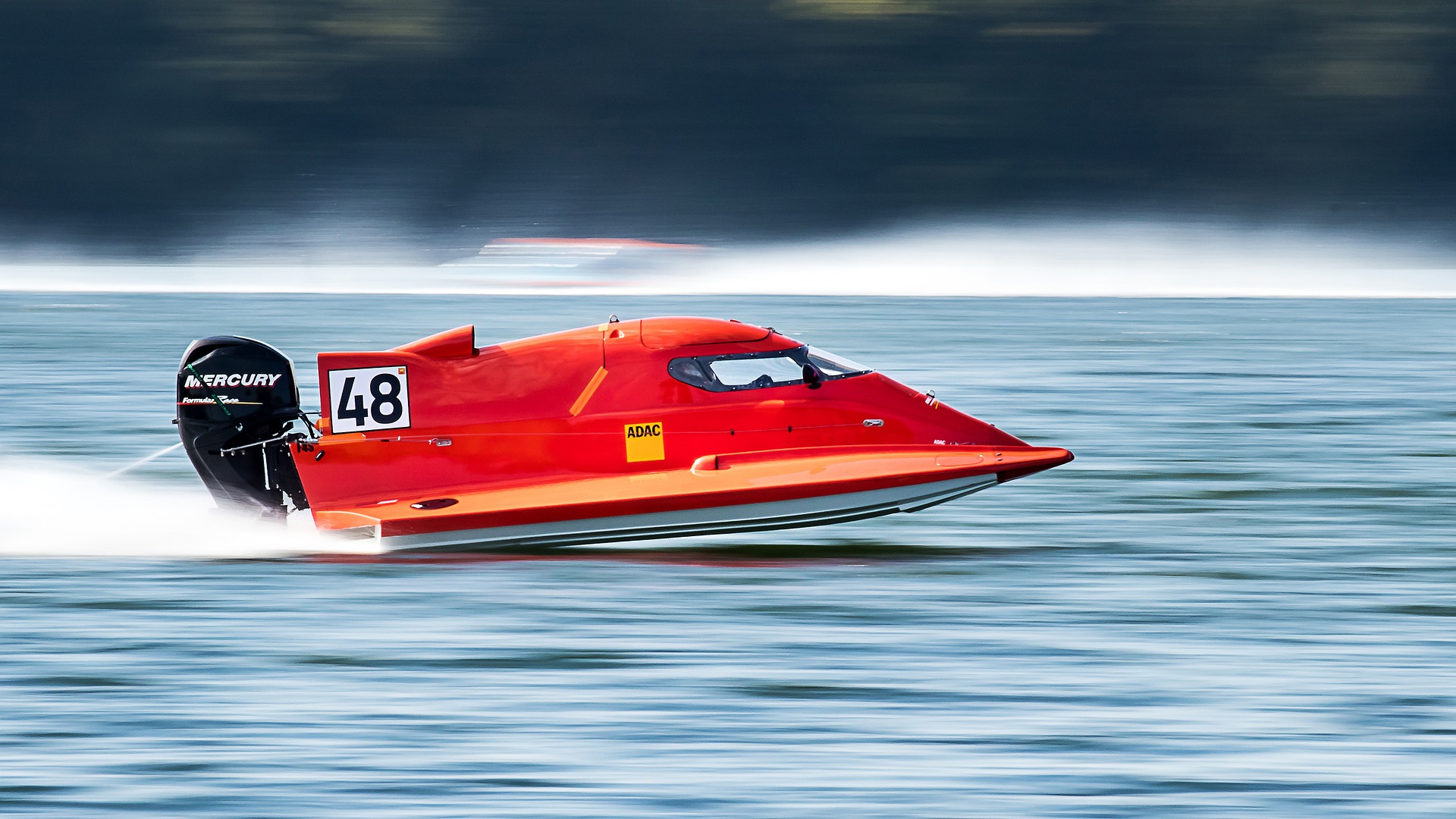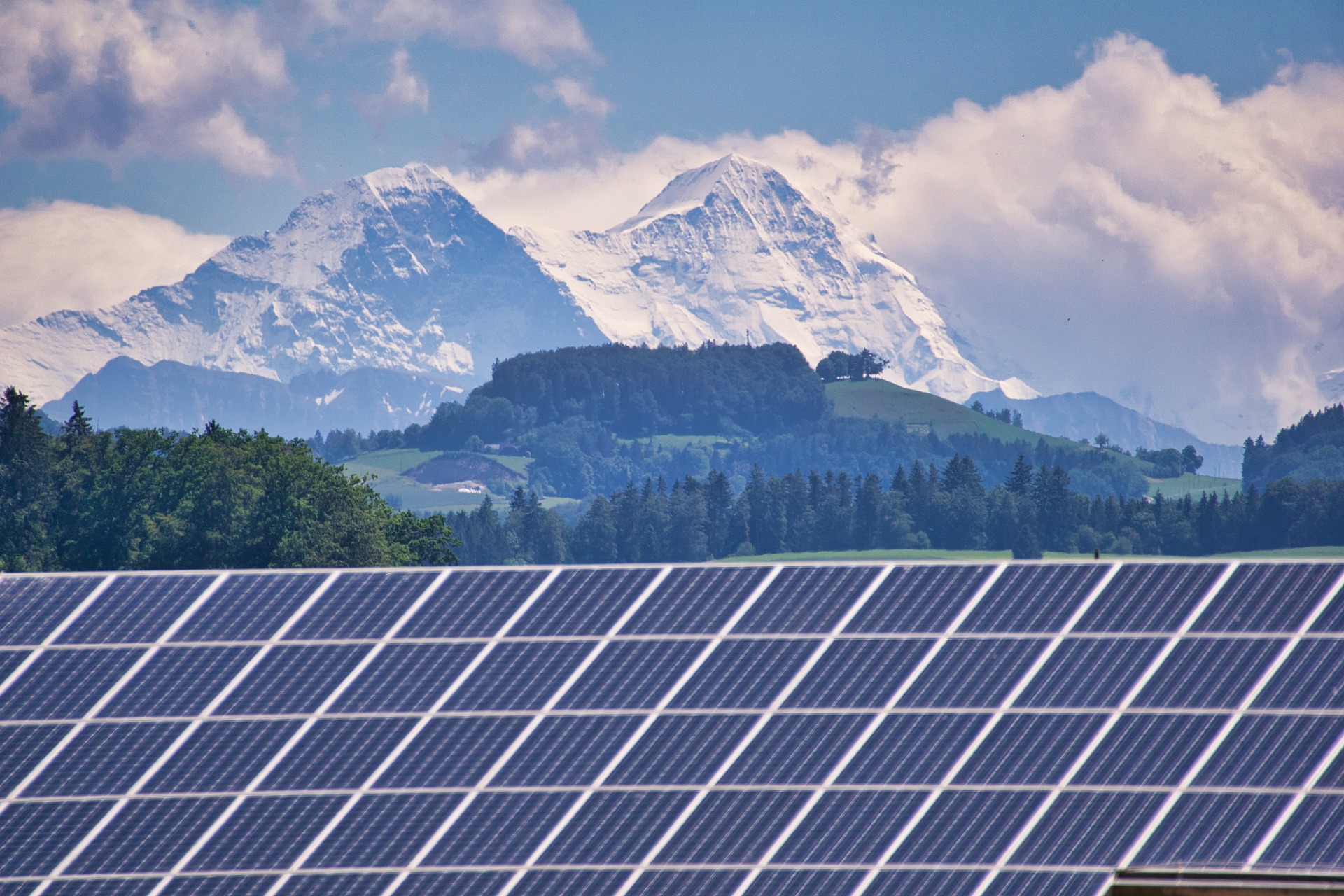What to Look for When Buying a Microinverter
Solar energy has become an increasingly popular choice for homeowners and businesses looking to save on energy costs and reduce their carbon footprint. Among the essential components of a solar power system, the microinverter plays a critical role in ensuring that energy is efficiently harnessed and utilized. Unlike traditional string inverters, microinverters are installed on each solar panel, allowing for independent energy conversion and improved overall system performance.
Choosing the right microinverter is vital for optimizing your solar energy system. This article outlines the key factors to consider when buying a microinverter to ensure your solar setup performs at its best.
1. Efficiency and Performance

The primary function of a microinverter is to convert the direct current (DC) generated by solar panels into alternating current (AC) that powers your home or business. The efficiency of this conversion process significantly impacts your system's energy output. Modern microinverters typically offer efficiencies between 95% and 98%, meaning only a small amount of energy is lost during the conversion.
When evaluating microinverters, look for models with higher efficiency ratings. Even a small percentage increase in efficiency can translate to substantial energy savings over time.
2. Compatibility with Solar Panels

Not all microinverters are compatible with every type of solar panel. Before purchasing, verify that the microinverter matches the electrical characteristics of your solar panels, including:
· Voltage Range: Ensure the microinverter supports the operating voltage of your panels.
· Current Range: Check the maximum current output your panels can produce and ensure the microinverter can handle it.
Additionally, if you plan to use high-wattage solar panels, confirm that the microinverter is designed to manage the higher power output. Mismatched components can lead to inefficiencies and even damage your equipment.
3. Warranty and Durability
Investing in solar energy is a long-term commitment, and the durability of your components is crucial. Microinverters are designed to last as long as your solar panels, typically 20 to 25 years, so a strong warranty is essential. Look for products with warranties of at least 10 years, and preferably 15 or more.
Durability in extreme weather conditions is another consideration. If your system will be exposed to high heat, cold, or humidity, choose a microinverter with a high IP (Ingress Protection) rating, such as IP67, which indicates resistance to dust and water.
4. Monitoring Capabilities
Monitoring features allow you to track the performance of your solar system in real time. Many modern microinverters come with integrated monitoring systems that provide detailed insights into each panel’s performance. This data is often accessible through a smartphone app or online platform, enabling you to quickly identify and resolve issues, optimize energy production, and monitor your overall savings.
5. Safety Features
Safety is a key advantage of microinverters compared to traditional inverters. By isolating each solar panel, microinverters reduce the risk of high-voltage DC arcs, which can cause fires. When selecting a microinverter, ensure it complies with safety certifications such as UL 1741 or equivalent standards in your region.
6. Cost vs. Value
While the upfront cost of microinverters is often higher than that of string inverters, they offer better long-term value. The benefits of microinverters include:
· Higher energy yield: Panels operate independently, so shading or damage to one panel doesn’t affect the others.
· Lower maintenance costs: Easier to identify and address performance issues at the panel level.
· Greater system longevity: Improved safety and durability contribute to a longer lifespan.
When evaluating microinverters, consider both the initial cost and the potential savings and benefits over the system's lifetime.
Comparison Table: Key Features of Microinverters
|
Feature |
Why It Matters |
Recommended Spec |
|
Efficiency (%) |
Directly impacts energy output |
95% or higher |
|
Warranty (Years) |
Reflects product durability and reliability |
Minimum 10 years |
|
Monitoring |
Enables real-time performance tracking |
Built-in or optional |
|
Safety Certifications |
Ensures compliance with safety standards |
UL 1741 or equivalent |
|
Panel Compatibility |
Avoids mismatches with solar panel specifications |
Match voltage and current |
|
Weather Resistance |
Ensures durability in harsh climates |
IP67 or better rating |
7. Installation and Scalability
Ease of installation is another factor to consider. Microinverters are relatively straightforward to install, especially for small or medium-sized systems. For larger setups, scalability is important. Microinverters allow you to expand your system incrementally by adding panels and inverters as needed, making them an ideal choice for growing solar systems.
8. Brand Reputation and Support
Choose a reputable brand with a history of delivering high-quality solar products. A trusted manufacturer will offer better customer support, easier access to spare parts, and comprehensive warranty coverage.
Why Choose MUSHROOM SOLAR?

At MUSHROOM SOLAR, we pride ourselves on providing innovative and reliable solar solutions tailored to your energy needs. Our microinverters are designed for maximum efficiency, durability, and ease of use, ensuring that you get the most out of your solar power system.
With a commitment to quality and sustainability, MUSHROOM SOLAR offers products that meet the highest industry standards while delivering exceptional value. Whether you're setting up a small residential system or a large commercial installation, our expert team is here to help.
Visit our website at MUSHROOM SOLAR to explore our range of cutting-edge solar products and find the perfect solution for your energy needs. Let us help you take the next step toward a greener future.


